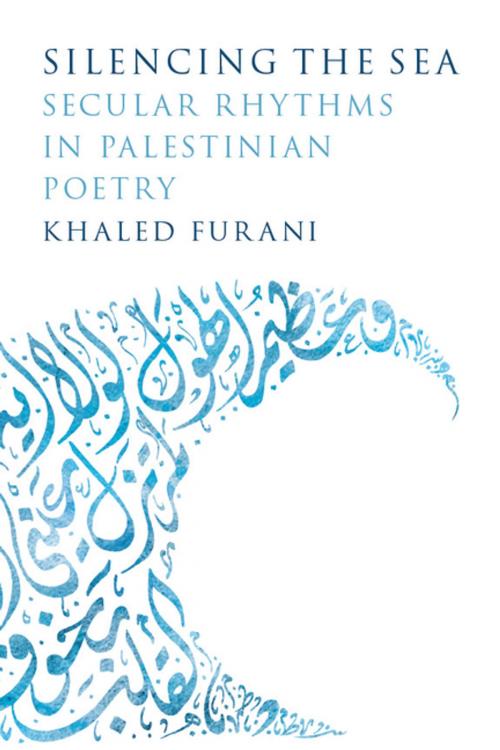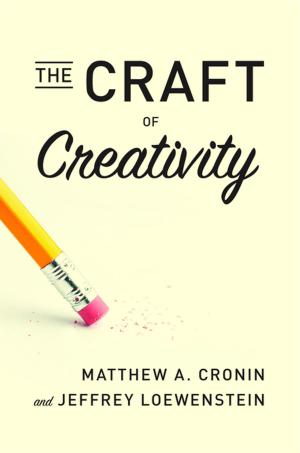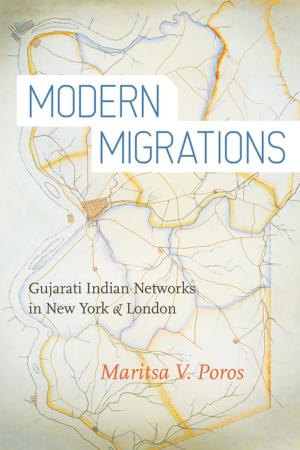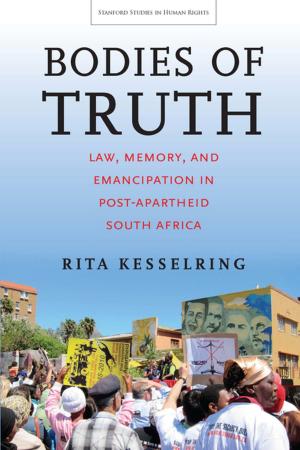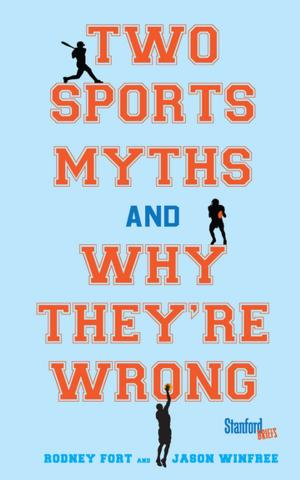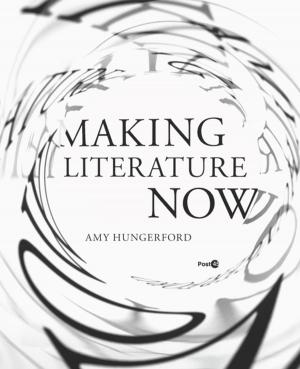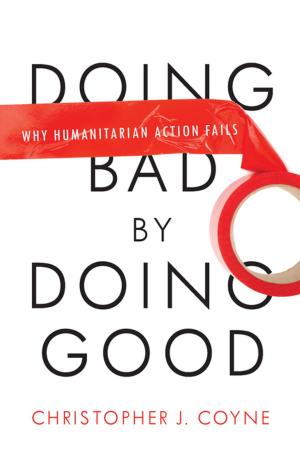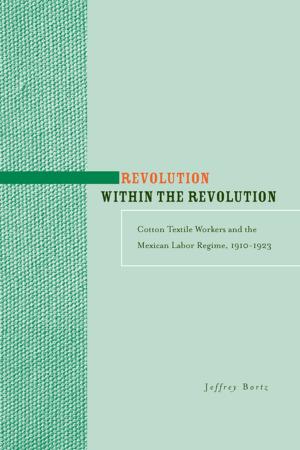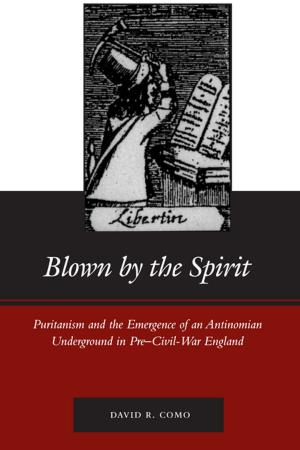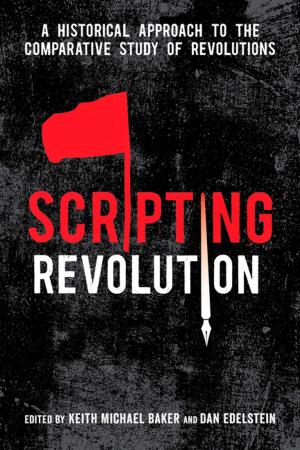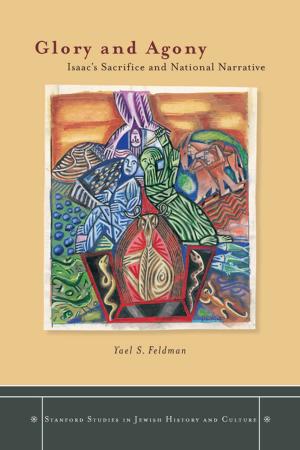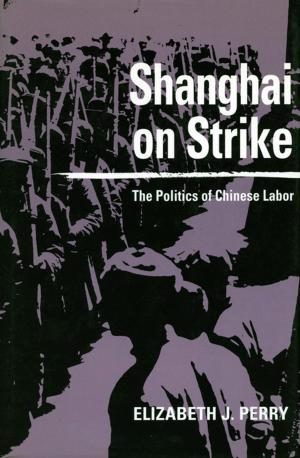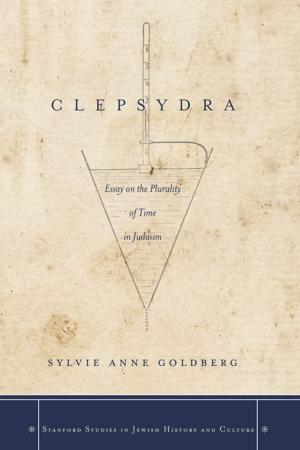| Author: | Khaled Furani | ISBN: | 9780804782609 |
| Publisher: | Stanford University Press | Publication: | August 15, 2012 |
| Imprint: | Stanford University Press | Language: | English |
| Author: | Khaled Furani |
| ISBN: | 9780804782609 |
| Publisher: | Stanford University Press |
| Publication: | August 15, 2012 |
| Imprint: | Stanford University Press |
| Language: | English |
Silencing the Sea follows Palestinian poets' debates about their craft as they traverse multiple and competing realities of secularism and religion, expulsion and occupation, art, politics, immortality, death, fame, and obscurity. Khaled Furani takes his reader down ancient roads and across military checkpoints to join the poets' worlds and engage with the rhythms of their lifelong journeys in Islamic and Arabic history, language, and verse. This excursion offers newfound understandings of how today's secular age goes far beyond doctrine, to inhabit our very senses, imbuing all that we see, hear, feel, and say. Poetry, the traditional repository of Arab history, has become the preeminent medium of Palestinian memory in exile. In probing poets' writings, this work investigates how struggles over poetic form can host larger struggles over authority, knowledge, language, and freedom. It reveals a very intimate and venerated world, entwining art, intellect, and politics, narrating previously untold stories of a highly stereotyped people.
Silencing the Sea follows Palestinian poets' debates about their craft as they traverse multiple and competing realities of secularism and religion, expulsion and occupation, art, politics, immortality, death, fame, and obscurity. Khaled Furani takes his reader down ancient roads and across military checkpoints to join the poets' worlds and engage with the rhythms of their lifelong journeys in Islamic and Arabic history, language, and verse. This excursion offers newfound understandings of how today's secular age goes far beyond doctrine, to inhabit our very senses, imbuing all that we see, hear, feel, and say. Poetry, the traditional repository of Arab history, has become the preeminent medium of Palestinian memory in exile. In probing poets' writings, this work investigates how struggles over poetic form can host larger struggles over authority, knowledge, language, and freedom. It reveals a very intimate and venerated world, entwining art, intellect, and politics, narrating previously untold stories of a highly stereotyped people.
